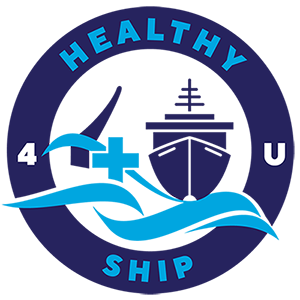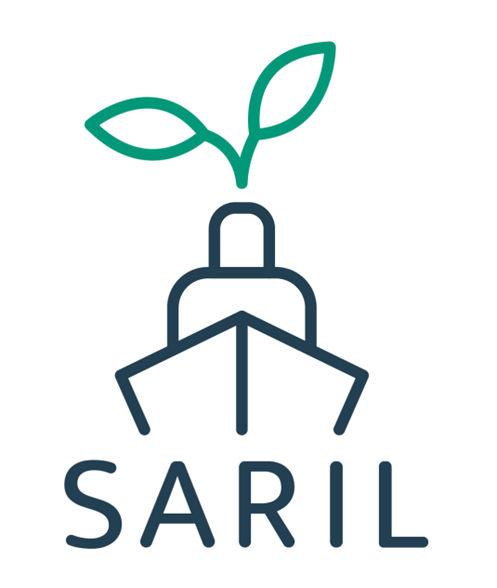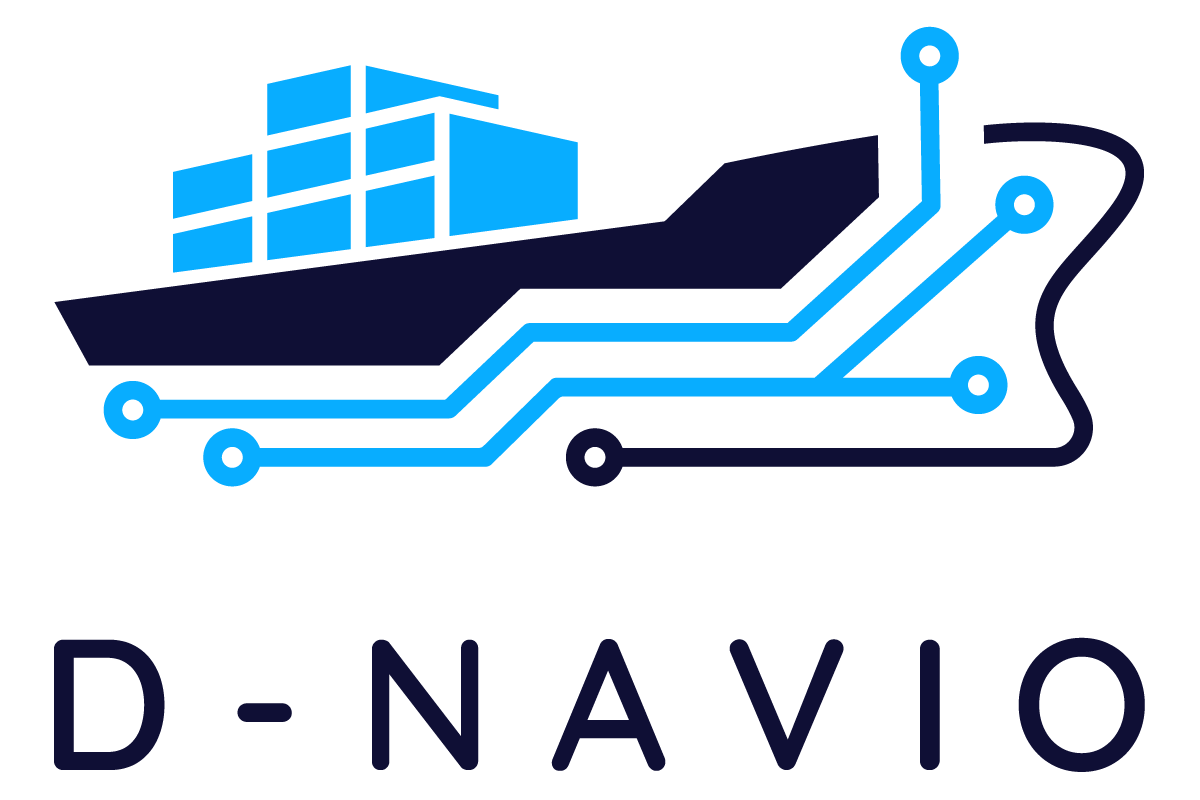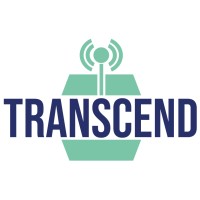Related Projects & initiatives
European collaborative projects and other European initiatives related to HS4U.
HEALTHY SAILING is a Research and Innovation action that aims to improve the quality of passenger shipping services, facilitate recovery from the COVID-19 pandemic and make passenger shipping safer, more resilient, competitive and efficient. Formally titled “Prevention, mitigation, management of infectious diseases on cruise ships and passenger ferries” (Nr. 101069764), the 3 year project is funded by the European Commission under the Horizon Europe (HE) framework and was awarded an over 3 million euros budget.
MOSES is a European project, funded under the Horizon 2020 Work Programme, which aims to significantly enhance the SSS component of the European container supply chain by addressing the vulnerabilities and strains that relate to the operation of large containerships. Α two-fold strategy is followed, that aims to reduce the total time to berth for TEN-T Hub Ports and to stimulate the use of SSS feeder services in small ports that have limited or no infrastructure.
SmartShip aimed to bring together Information and Communication Technologies (ICT) into the maritime sector to build a holistic, integrated ICT-based framework for ships’ sustainable, individualized, and completely automated energy management. It takes advantage of all the know-how the project partners bring regarding ICT technologies such as Data Analytics, IoT exploitation, DSS use, visualization tools, optimization algorithms and tools, and Circular Economy approach methods. The project has been completed.
The OVERHEAT (INNOVATIVE STRATEGIES FOR CONTAINERSHIP FIRES PREVENTION AND MANAGEMENT) focus on increasing the safety of humans and cargoes on containerships while reducing impacts of fires on coastal areas. OVERHEAT addresses the development of an integrated digital solution emphasizing prevention, early detection, and rapid response to fire accidents, accounting for best practices and safety culture assessments of crew awareness.
By developing an advanced digital platform, SAFARI ensures that ports can remain operational at 80% capacity during disruptions caused by storms, floods, and heatwaves. This platform will integrate multiple data sources, enabling port authorities and stakeholders to manage operations, predict risks, and make informed decisions in real time. Beyond enhancing the safety of personnel and infrastructure, SAFARI also reduces environmental impacts, improves biodiversity protection, and optimises logistics efficiency. With its innovations being piloted in 3 ports – Dunkirk, Seville, and Lisbon – SAFARI is setting a new standard for resilient port infrastructure across Europe, with the potential for global replication.
ReMuNet focuses on enhancing resilience in multimodal transport corridors by providing real-time responses to disruptive events. It supports Transport Management System (TMS) providers to improve route planning and offers alternative multimodal routes to logistics operators, ensuring faster and more adaptive network responses. The project aims to optimise capacity allocation, suggest transshipment points, and improve route utilisation to minimize disruptions and recovery times. As a pioneer of the Physical Internet, ReMuNet promotes synchro-modal relay transport across European rail, road, and waterways, reducing emissions and improving efficiency. It employs advanced algorithms, standardised methods, and reinforcement learning to create a self-learning, adaptive transport network.
Mari4_YARD, an EU-funded Horizon 2020 project, aims to revolutionize shipbuilding through a dual technology and barrier-driven strategy. It focuses on developing worker-centric solutions, including 3D modeling, robotics, augmented reality, and exoskeletons to enhance productivity and worker well-being. By fostering safe human-robot collaboration and prioritising intuitive machine operation, Mari4_YARD seeks to move beyond conventional shipbuilding. Even though it officially ended in November 2024, its work goes beyond the formal end. It continues to address adoption barriers by disseminating information and providing practical training in Didactic Factories, bridging skills gaps and facilitating the transition to Industry 5.0 within the EU shipbuilding workforce.
The Didactic Factories Network serves as a vital EU-wide initiative to modernise shipbuilding through hands-on, real-scale training and technology demonstration. By providing open access to pilot lines and infrastructure, it facilitates workforce upskilling, technology testing, and collaborative innovation. This network allows for the validation of new methodologies in realistic shipyard scenarios, enabling companies to experiment and prototype before investing in full-scale implementation. Ultimately, it aims to accelerate the adoption of advanced technologies, fostering a user-centric approach and extending the benefits of shipbuilding innovation to broader industrial sectors.
The ESCAPE project aims to enhance global pandemic preparedness by developing pathogen-specific tools and model-based recommendations. By leveraging real-time data and advanced analytics, ESCAPE helps policymakers implement effective containment and mitigation strategies beyond past outbreak experiences. The project also prioritises public communication and engagement, ensuring that preparedness measures are both effective and widely supported. Through a coordinated, evidence-driven approach, ESCAPE seeks to minimise the human and economic costs of future pandemics.
The EU-funded TRANSCEND project (Transport Resilience against Cyber and Non-Cyber Events to prevent Network Disruption) aims to equip freight transport operators with an integrated set of tools, guidelines and technological solutions to enhance protection, reduce risk and improve resilience to various threats, both physical and cyber.






































































